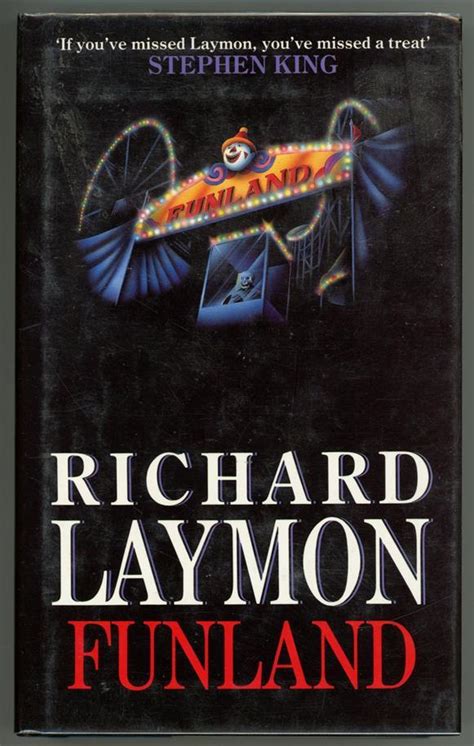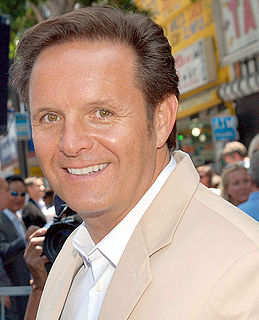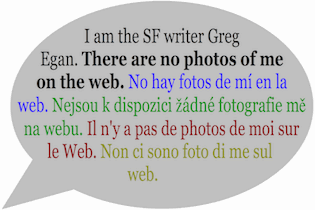A Quote by Russell Smith
What makes a publisher decide to market a book to a particular audience is not the subject matter but the style.
Related Quotes
The distinctions of what makes a book one genre or another can sometimes be a bit muddy, but generally it's a matter of projecting who the audience will be, which is a judgment that's based on the subject matter. 'Mainstream' is the cleanest label for a book that draws readers of both sexes and from a wide age-range.
No publisher should ever express an opinion on the value of what he publishes. That is a matter entirely for the literary critic to decide. I can quite understand how any ordinary critic would be strongly prejudiced against a work that was accompanied by a premature and unnecessary panegyric from the publisher. A publisher is simply a useful middle-man. It is not for him to anticipate the verdict of criticism.




































